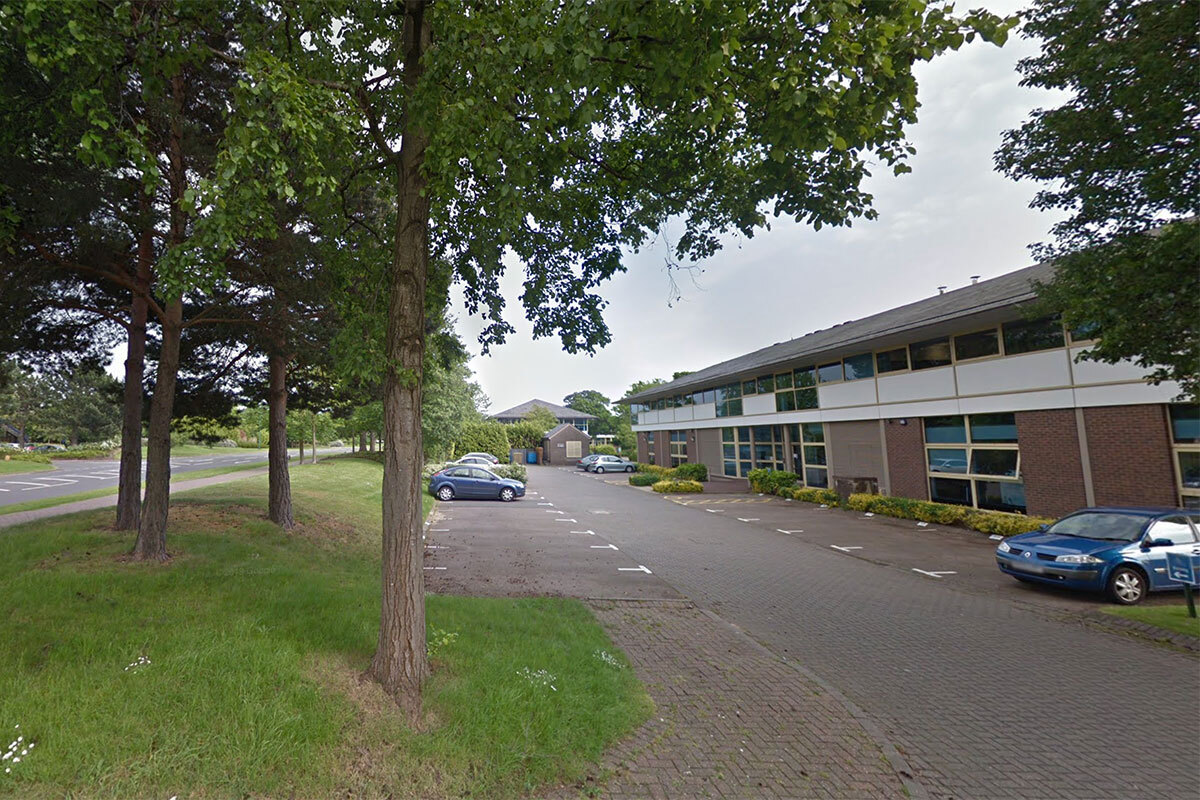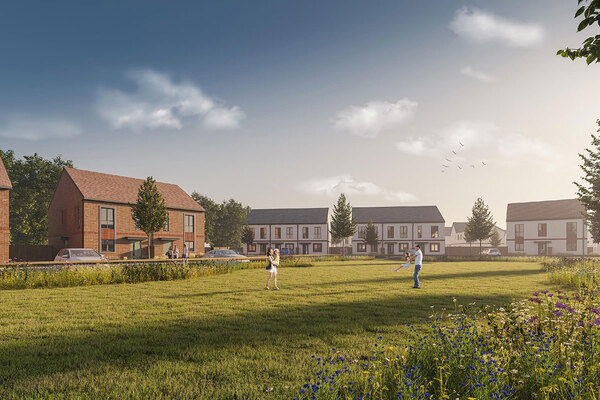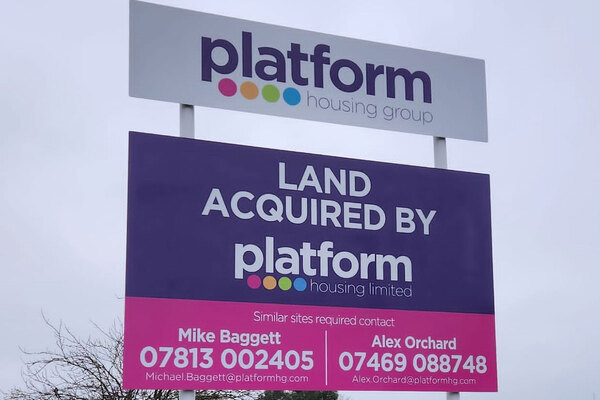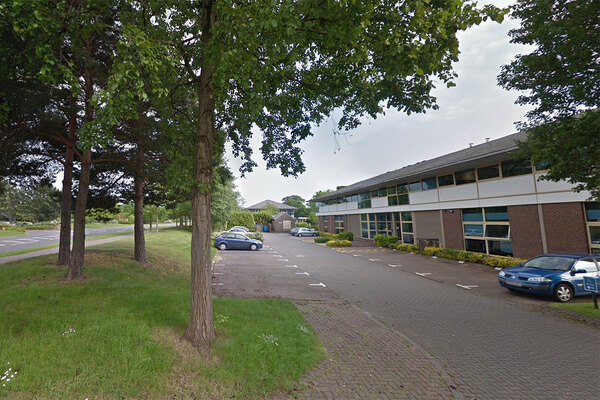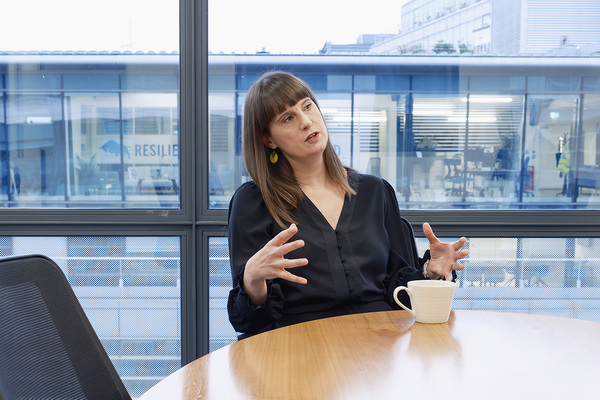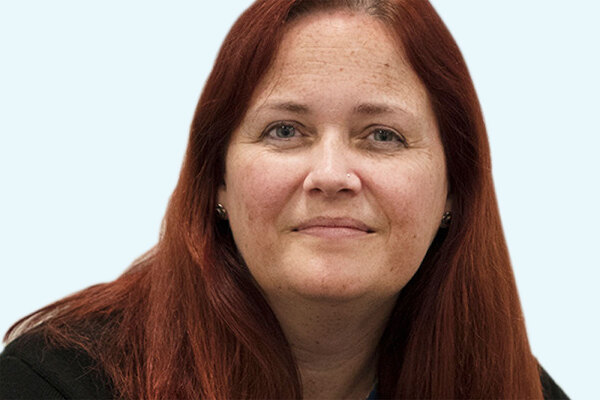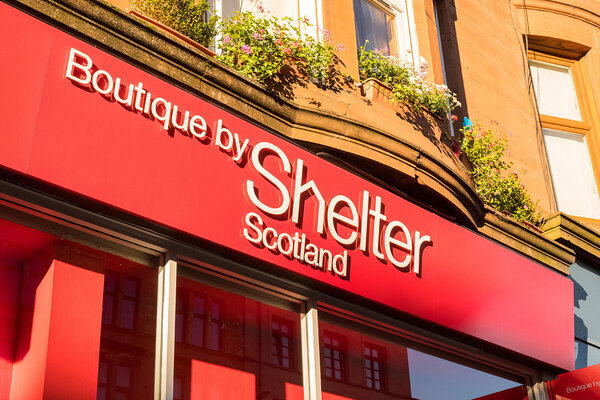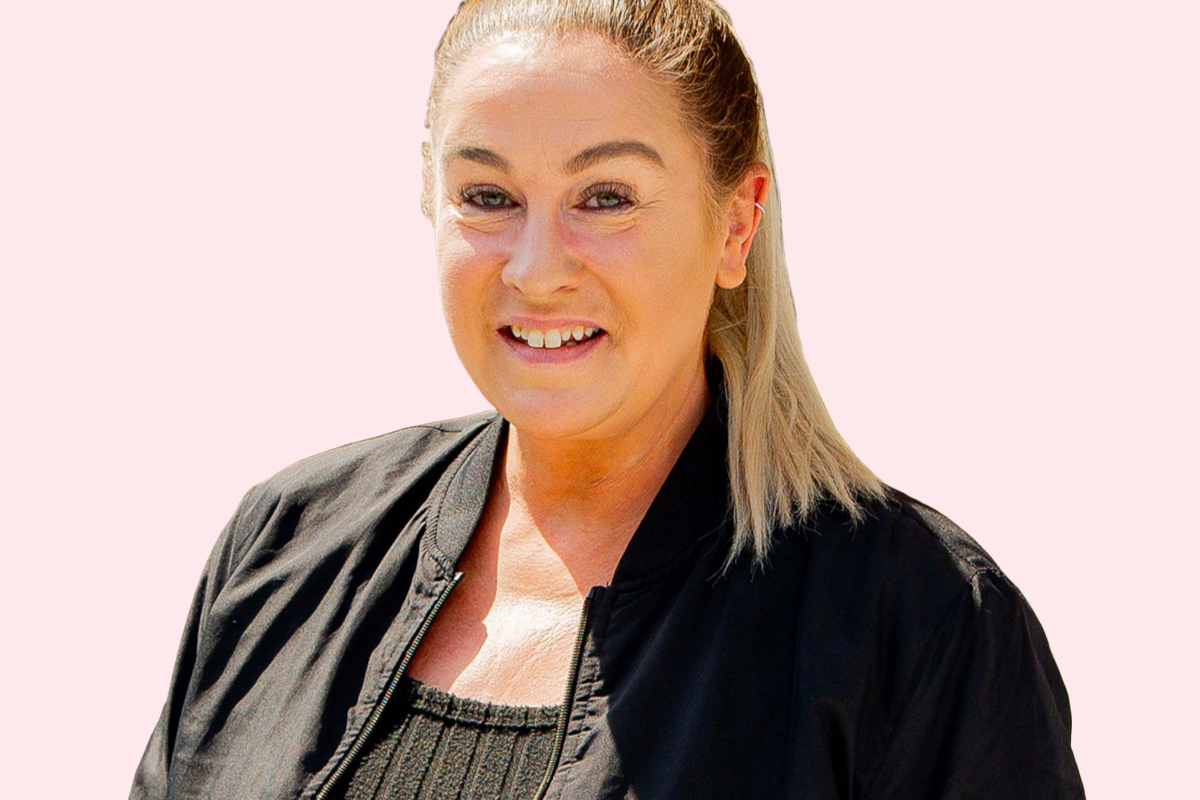You are viewing 1 of your 1 free articles
Large landlord hits development targets alongside 62% hike in existing homes investment
Platform Housing Group invested 61.5% more in its existing homes while also funnelling an extra £64.7m into new developments during the year to 31 March 2024.
The Midlands-based landlord said it had invested £39.4m in its existing homes, according to its latest trading update.
It also added 1,202 new homes in the same period, with 225 for social rent, 408 for affordable rent, 544 for shared ownership and 25 for rent-to-buy.
The housing association spent £315m on new homes for the period, a 25.8% increase on the previous year.
Jessica Friend, group corporate finance director at Platform, told Inside Housing that the housing association was in a strong financial position in terms of governance and viability, but had also benefitted from two sustainable revolving credit facilities with National Australia Bank and ABN AMRO, agreed earlier this year for a combined total of £275m.
“These two really successful sustainable fundraising exercises as well this year have helped us fund investments in existing homes and new homes,” Ms Friend said.
Platform’s overall net surplus after tax was £42.7m compared to £48m the previous year, which it said was “driven by lower surpluses on fixed asset sales of £5.8m”.
It posted an increase in turnover of 12.3% to £337m, which it said was down to a growth in social housing lettings turnover of 10.5% to £274.2m. This was a result of “inflationary rental increases and a year-on-year increase in social housing units”.
Its EBITDA MRI interest cover was 142% compared to 187% the previous year, largely due to its increase in investment in existing homes, Platform said, adding that the overall cover remains above the target minimum of 120%.
Turnover from shared ownership first tranche sales totalled £40.7m, an increase on last year due to higher numbers of sales and higher average prices.
Despite an increase in shared ownership sales, rising from 340 to 418 units, unsold units increased by 155% to 222 during the period to March 2024.
Platform said this was because of completed schemes involving stock plots acquired from developers, “for which there is no pre-completion marketing time”, meaning the average time to sell them took four months rather than two.
Of the 222 unsold at March 2024, 138 were reserved for purchase, Platform added.
The 49,000-home landlord’s operating margin excluding fixed asset sales fell slightly to 24.1%, compared to 27.4% the previous year, while its operating margin for social housing lettings also dropped, from 32.1% to 30.2%.
Elizabeth Froude, chief executive of Platform, said: “Our highest priorities for this year were about investing to support the quality of our homes, their energy standards and the services we deliver to our customers.”
Ms Froude said that despite the slight decline in operating margin, “it still remains one of the strongest in the sector and directly reflects the priorities agreed”.
Platform said it had increased its spend on energy improvement works from £5.5m to £8.5m, with 76% of its stock rated Energy Performance Certificate (EPC) Band C or above.
Earlier this month, the housing association revealed that it had achieved the highest amount of starts it has ever recorded in a single financial year, posting starts on 1,534 homes for 2023-24.
“We have strong partnerships and our pipeline for new development is over 3,000 homes in contract or construction, all of which will be EPC B or above and includes net zero carbon and ‘zero bills’ homes as well,” Ms Froude said.
The number of complaints received increased during the period, Ms Froude said, adding that Platform is “working hard to improve response times and to embed lessons learned from complaints”.
“With our in-house maintenance business continuing to grow and in-source more service areas, we continue to deliver good compliance standards and strong customer satisfaction with repairs at 87% at the year end,” she said.
Sign up for our development and finance newsletter
Already have an account? Click here to manage your newsletters
